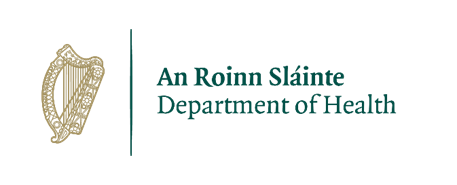Minister for Health, Stephen Donnelly, has today published the independent Evaluation of the Sugar Sweetened Drinks Tax (SSDT), highlighting its positive impact since its introduction in 2018.
The SSDT was introduced under Ireland’s Obesity Policy and Action Plan (OPAP) to address Ireland’s high rates of overweight and obesity. It aims to reduce sugar consumption via carbonated drinks and encourage product reformulation. The evaluation, commissioned by the Department of Health and completed by Munster Research Consultancy, shows that the fall in sugar consumption via carbonated drinks accelerated after the introduction of the tax before levelling off in 2022, while there is also evidence that there has been significant product reformulation by the soft drinks industry.
Minister Donnelly said:
“Taxing unhealthy products is an important measure to help support healthier options and the SSDT is one of many tools to address obesity and reduce the associated risks of type 2 diabetes, cancer and other non-communicable diseases.
“The Evaluation clearly shows its impact. In 2010 almost 6 kilograms of sugar was consumed per person from carbonated drinks bought in retail settings. This had fallen to 5 kilograms per person when the SSD Tax was introduced and in 2022 had fallen to 3.8 kilograms per person. I’m confident that we’ll see the long-term health benefits of this significant reduction in the years to come, in particular amongst our children and young people.”
“I am also heartened to know that four out of five of the leading soft drinks brands have been reformulated to fall outside the tax threshold altogether. “However, I am concerned at the significant increase in consumption of energy drinks which are not recommended for sale to under 16-year-olds and this will need further examination.
“The findings from this Evaluation will help to inform the development of future fiscal policies to support public health.”
Minister for Finance Jack Chambers said:
“The findings support international research that fiscal measures are a viable policy option to change consumer behaviour, incentivise industry to reformulate and promote public health.
“I welcome the significant fall in the tax receipts in the lower tax band which shows both product reformulation and changing consumer behaviour.”
Minister for Public Health, Wellbeing and the National Drug Strategy Colm Burke, said:
“Raising awareness about the unhealthy food environment that surrounds our children is the focus of a public health campaign that I launched with Safefood this summer. We must continue our efforts to create a food and drink environment where everyone, especially our children and young people, has access to healthier, affordable options.
“We must deliver effective, evidence-based policies and monitor their impact so that we can respond accordingly. Evaluations such as this report provide vital insights that will help to inform the development of future measures which will ultimately lead to tangible health and wellbeing benefits for our population.”


